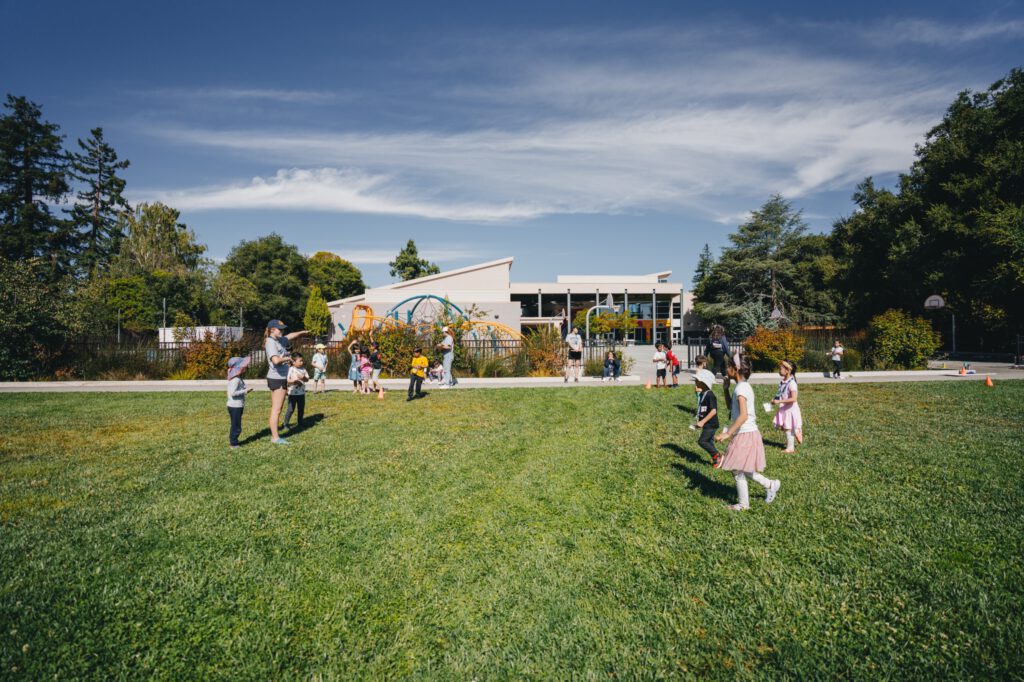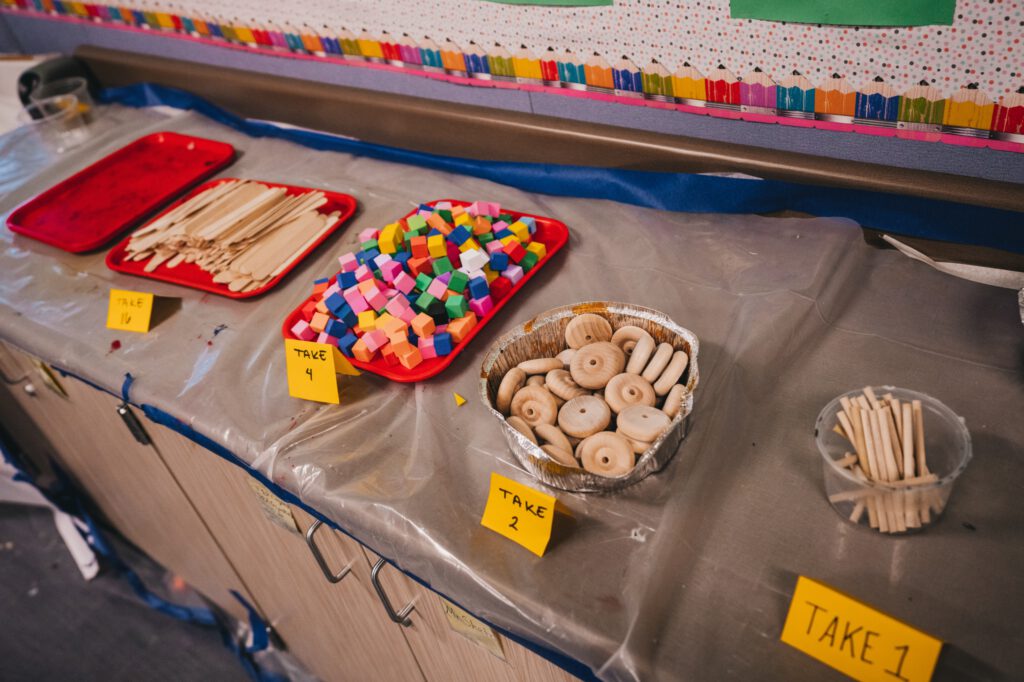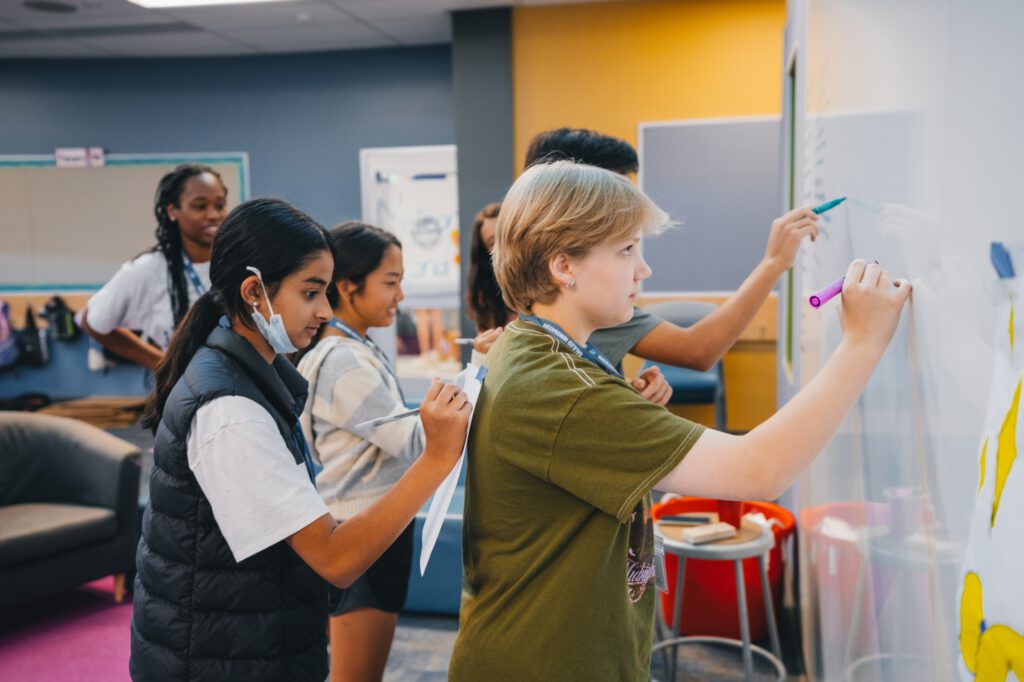Data from the World Economic Forum reveals a startling dichotomy between the 2 billion of the world’s people who lack the basic nutrients to live a healthy life and the 3.2 billion expected to be overweight or obese by 2030. This raises serious questions about the food science and technology of our future. And no one is more vulnerable or more poised to impact these issues than the kids of today—the citizens of tomorrow. So how do we educate our kids about the issues while instilling empathy and compassion that motivates action? Helping them build a healthy relationship with food is a great place to start.
Food sustains life; it is both a need and a want. Many of the foods eaten today are the results of agricultural and processing innovations created by visionary farmers and scientists of the past. New resources as diverse as hydroponic gardening, 3-D printing and crowdfunding are revolutionizing food science innovations. Thus, it makes sense that solving the world’s food crises will require future innovators to have knowledge, skills and a passion for improving both access and attitudes. Food science experiments for kids can help them gain the knowledge and acquire the skills needed to creatively address their own hunger and nutrition issues while building compassion for global conditions and inspiring them to seek solutions.
Understanding the Issues
A look at the Global Food Map published by shiftN illustrates the extremely complicated and interconnected relationships between the multitude of factors affecting the world’s food supply and its nutritional content. The map illustrates how political and economic influences on the environment directly impact food supply, while socio-cultural and educational issues affect perceptions of nutrition and food choice.
Helping kids develop a healthy relationship with food happens over time, and parents have the opportunity to significantly influence this. Here are a few key things to consider:
- Meals are important in both social and cultural contexts. Keeping things positive and practicing patience are essential. Make mealtimes enjoyable, device-free opportunities to connect and talk about the day and the food.
- Hiding vegetables in other foods or bribing kids to eat them are not as effective as encouraging them to try new foods and seeing you enjoy them. Be persistent about offering new foods, but don’t make it a battle or a trick.
- Active involvement is more powerful than passive participation. Getting kids involved in kitchen artistry (mixing brightly colored vegetables to create a salad) and science (the transformation that occurs when ingredients are combined and baked) challenges their creativity and curiosity.
- As kids get comfortable, they will likely take more initiative in the kitchen. Let them help you plan a menu and talk about healthy balance. Allow kids to tweak a favorite recipe by adding a novel ingredient. Work together to create a mash-up, combining elements from two seemingly different recipes to produce a unique creation.
- Take advantage of kids’ questions and teachable moments to help them understand food-related issues such as food waste and the prevalence of food insecurity. If they express a desire to take action, consider volunteering or contributing to a nearby food pantry or soup kitchen.
Expanding Opportunities for Experimentation
To introduce additional resources and opportunities to experiment with food, consider enrolling your kitchen scientist in the Chefology major at Galileo Summer Quest locations. Kids can choose between week-long immersions in Supreme Sweets or Breakfast Club. As campers move through the week in flexible team groupings, they practice communication and collaboration skills as they interact with and support their teammates. After learning about various flavors and techniques, kids invent their own unique recipes and conduct taste tests. In addition to practicing cooking and baking skills, campers are immersed in the Galileo Innovation Approach®, a methodology that challenges them to stretch their creativity, take risks and persist through setbacks to solve problems.
A Recipe for Confident Innovation
By cultivating a responsible appreciation for food and a basic understanding of nutrition, kids will be capable of feeding themselves. Experimentation with flavor combinations and culinary techniques will enable them to create new and delicious recipes to impress their families and friends. Seeing themselves as innovators capable of implementing unique ideas will enable those passionate about food science to someday apply kitchen creativity and global compassion to tackle the world’s food crises. As a growing population continues to strain the world’s food supply, the innovators of tomorrow will be challenged to creatively and confidently apply their knowledge and skills to write a recipe for global food security.
Check out the opportunities for chefology experimentation in your area: San Francisco, Southern California, and Chicagoland. Sign up for our mailing list to keep up-to-date on our camp happenings and innovation resources. Or, you can register for camp today.




